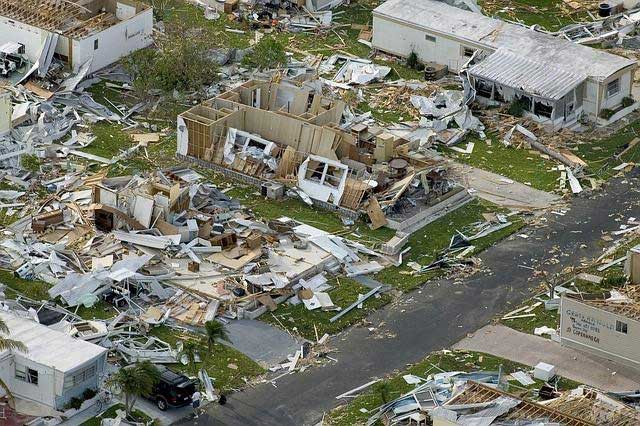In the aftermath of a natural disaster, a residential or commercial septic system may have incurred damage that must be handled properly in order to ensure the safety of people and the surrounding environment. NexGen Septics in Rocklin offers some insights regarding the steps that may need to be taken after disaster strikes.
Do:
Hire a Professional
If you believe your septic system may have been damaged, hire a professional to inspect it, and clean and service it if damage is found. By virtue of being underground, and given its robust construction, a septic tank is less susceptible to damage than other systems. However, it’s possible that the tank and/or the pump chambers have taken on silt and other debris, in which case they’ll require experienced cleaning. A trained professional will also inspect your drainage field for clogging. In some cases, a field will no longer be usable after a flood or other natural disaster.
Another benefit to having a professional onsite is if harmful gases were released from the septic system during the disaster. A pro will know how to handle these gases so that they don’t threaten residents and the surrounding environment.
Pump The Septic System
In the wake of a natural disaster, it’s important to pump your septic system as soon as it’s safe to do so. Both the tank and the lift station should be pumped in order to remove the dirt/silt/debris that may have entered the system during the weather event. Keep in mind that the tank should not be pumped if the ground around it is flooded. Nor should the tank be pumped if the drain field is flooded.
Remedy Erosion
Depending on the intensity of the natural disaster, it’s possible that erosion damage has compromised the ground above the septic tank, as well as the turf comprising the drain field. If this is the case, we recommend that you re-sod and reseed wherever necessary so that these areas have the turf grass cover they need.
Electrical/Mechanical Items
Inspect all electrical and mechanical items around your house and flag them if they’re wet or damaged. These items should not be used until they are dry and have been cleaned/repaired. Also, before attempting to restore electricity to your home, see that all electrical connections are undamaged.
Do Not:
- Drive or operate equipment in or around the drain field until it is completely dry and repaired. Driving on wet soil is likely to make it more compact, which hampers the field’s ability to treat and absorb wastewater.
- Drink any well water until it’s tested by your local health department
- Dig in or around the drain field and septic tank until the ground is 100% dry
- Use the septic system until the water in the drain field is lower than the water level around your house. This is something a septic professional can assist with.
- Open the septic tank for pumping if the soil is still wet. Doing so could lead to mud and dirt entering the tank and finding its way to the drain field, where they’ll prohibit the field from doing its job.
Get in Touch with NexGen Septics
Natural disasters can affect all facets of daily life, including the septic system that a household relies on for waste disposal. Contact NexGen Septics for advice on handling a weather-related septic crisis, and how the right home septic system design can help.

